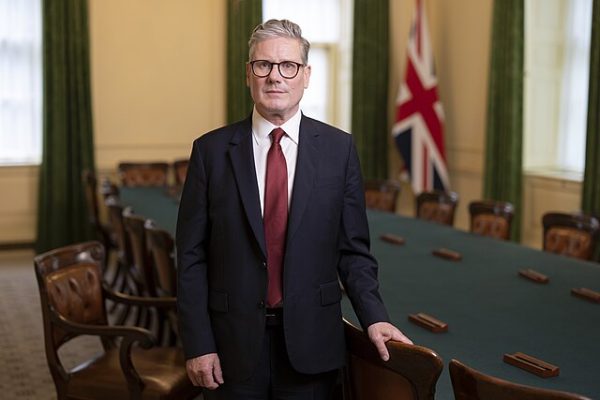On September 21, British Prime Minister Keir Starmer announced the United Kingdom’s decision to formally recognize the state of Palestine, with France, Canada and Australia following suit shortly after, bolstering the number of United Nations member states that recognize Palestine to 157 of 193.
This monumental shift in policy marks a huge advancement towards finding a two-state resolution to the Israel/Palestine military conflict, as PM Starmer cited the “growing horror” as the motivator for the UK “acting to keep alive the possibility of peace.”

The decision was met by vehement opposition from Israeli and US government, as Israel labeled it a “huge reward to terrorism,” in reference to Palestinian militant group Hamas, with Israeli Prime Minister Benjamin Netanyahu insisting that a Palestinian state “will not happen.”
Starmer confirmed the ruling is “not a reward” for Hamas and is made with the best interests of civilians affected by the conflict in mind, labelling the starvation and destruction in Gaza as “utterly intolerable.”
This move means that four of the five permanent UN Security Council members now recognize Palestine, with France and Britain joining China and Russia, which both adopted this stance in 1988, leaving the US ostracized amongst it’s peers.
While Israel are highly unlikely to budge on their opposition of a two-state solution, this development is undoubtedly a significant step towards providing much needed peace and aid for the citizens of the affected region.